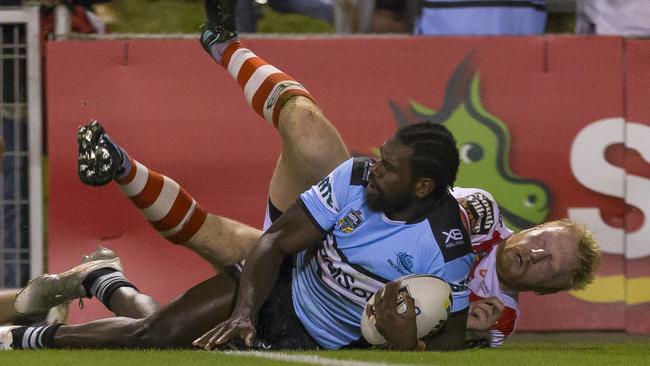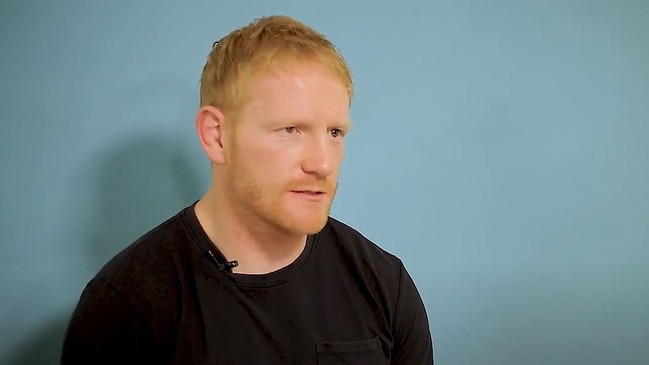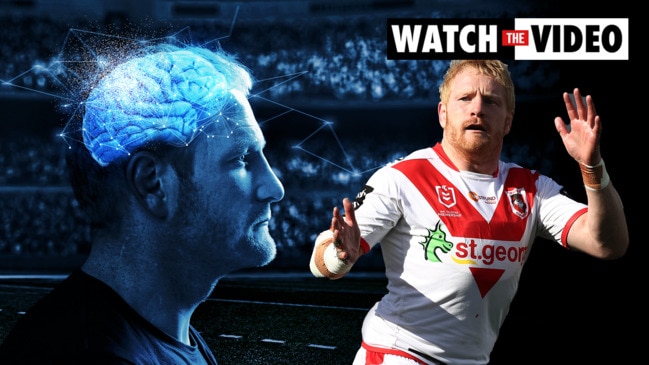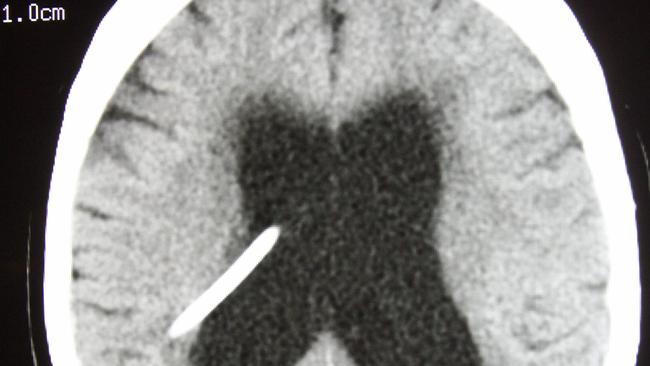Mild concussions could triple risk of dementia later in life
Three mild concussions over the span of a lifetime is all it takes to significantly impede brain function later in life, a study has found.

Three mild concussions over the span of a lifetime is all it takes to significantly impede brain function later in life and triple the risk of dementia, a new study has found.
Joint research from The University of NSW (UNSW) and two top British universities investigated the long-term impacts of concussions, including traumatic brain injuries (TBI), which revealed links to deterioration across cognitive ability.
Three or more mild concussions were linked to significantly worse concentration and ability to complete complex tasks while four or more impacts were linked to worse processing speed and working memory.
One moderate to severe concussion was connected to impairment of concentration, complex tasks and processing speeds.
The 15,764 participants – aged between 50 to 90 years old and UK-based – were asked to recall the number and severity of TBI encounters in an online brain injury screening questionnaire with one participant recording about 30 TBI’s.

Lead author of the study Dr Matthew Lennon said his interest in this research stemmed from experiencing his own concussion caused by an incident playing contact sport before his HSC exams and the national “critical issue” of TBI’s, with about 40 per cent of Australians to have a concussion at some point in their life.
The researcher said his concussion ‘doesn’t keep him up at night’ as he did not experience repetitive head trauma, actively limits other risk factors like high blood pressure and obesity and stopped playing contact sports shortly after the incident.
“We know that dementia is an upcoming epidemiological crisis where we’re going to see a doubling of the population with dementia between 2020 and 2050 in Australia, so we need to take whatever measures we can to minimise that increase,” he said.

Those who play contact sports, work in dangerous professions like construction and mining, veterans, homeless and people in areas of low socio-economic status are among the high risk groups of suffering a TBI.
“It doesn’t mean you’re going to have a more rapid decline in cognition, but it does mean that bit of cognition lost in when you had that injury will stay with you, and the more injuries you have, the more little bits of cognition you will lose and not be able to fully recover,” Dr Lennon said.

Loss of brain functions like focus and executive function can mean simple everyday tasks like reading, working, planning a day and driving are rendered difficult.
The UNSW researcher said cognitive rehabilitation even in mild concussions and modifying behaviour to protect the brain can help mitigate risks.
“It’s not simple in so far as saying we should ban all contact sports or ban all high risk activities, because they can have benefits as well as having risks … It’s a bit of a warning to the population about the things that can happen later down the track when you suffer from TBI’s earlier in your life.”






